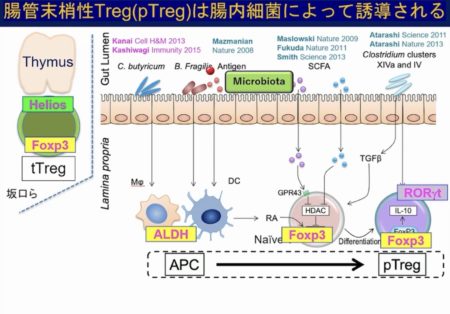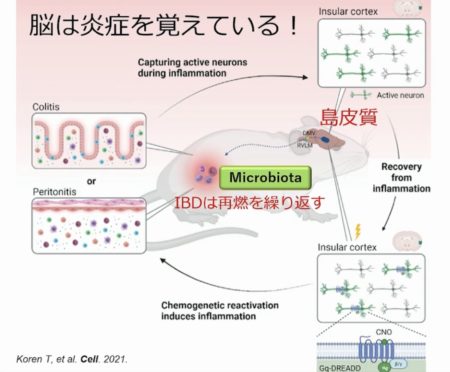Relationship between the onset of dementia and Parkinson’s disease and the intestinal environment Part 1
Recently, there has been a lot of mention about the relationship between abnormalities in the intestinal environment and diseases other than those of the gastrointestinal tract.
There are countless “intestinal bacteria” in the human intestine.
This bacterium produces various substances that humans cannot synthesize and greatly contributes to our health maintenance. On the other hand, it has become clear that various diseases are affected when the balance of bacteria is disrupted.

Recently, the types of intestinal bacteria related to obesity and hyperglycemia, which lead to lifestyle-related diseases such as diabetes, have been clarified.
Dementia is a disease of the brain caused by the degeneration of nerve cells in the brain, but the risk of developing dementia can be considerably reduced by daily efforts to prevent necrosis and damage to brain cells.
The key to this is none other than the intestines.
The intestine is also called the ‘second brain’, and some cells in the small intestine and cells in the large intestine are closely connected to the brain through nerves.
Therefore, lifestyle-related diseases, mental disorders, and decreased immunity and blood flow caused by inflammation in the intestines are all factors that increase the risk of developing dementia.
Also, if the intestines are out of order, the supply of nutrients and water to the cells tends to become stagnant, and in turn, sufficient nutrients and water do not reach the brain cells.
Needless to say, this can lead to brain damage.

Among the intestinal bacteria, the most important are the good bacteria.
When these good bacteria work well in the intestines, not only does it lead to the maintenance and improvement of health, but it also revitalizes brain cells and can prevent dementia.
This is because the gut makes the nutrients and neurotransmitters needed for brain health.
Specifically, intestinal bacteria produce vitamins that cannot be synthesized in the body.
Its types are abundant with vitamins B1, B2, B6, B12, K (fat-soluble vitamins), pantothenic acid, and folic acid.
In particular, there are reports from overseas that vitamins B6 and B12 delay brain atrophy, and that vitamin B group and folic acid are effective in improving depressive symptoms in middle-aged and older people.
In particular, brain atrophy is a major factor in dementia.
In addition, senile depression is considered to be at risk of progressing to dementia.

